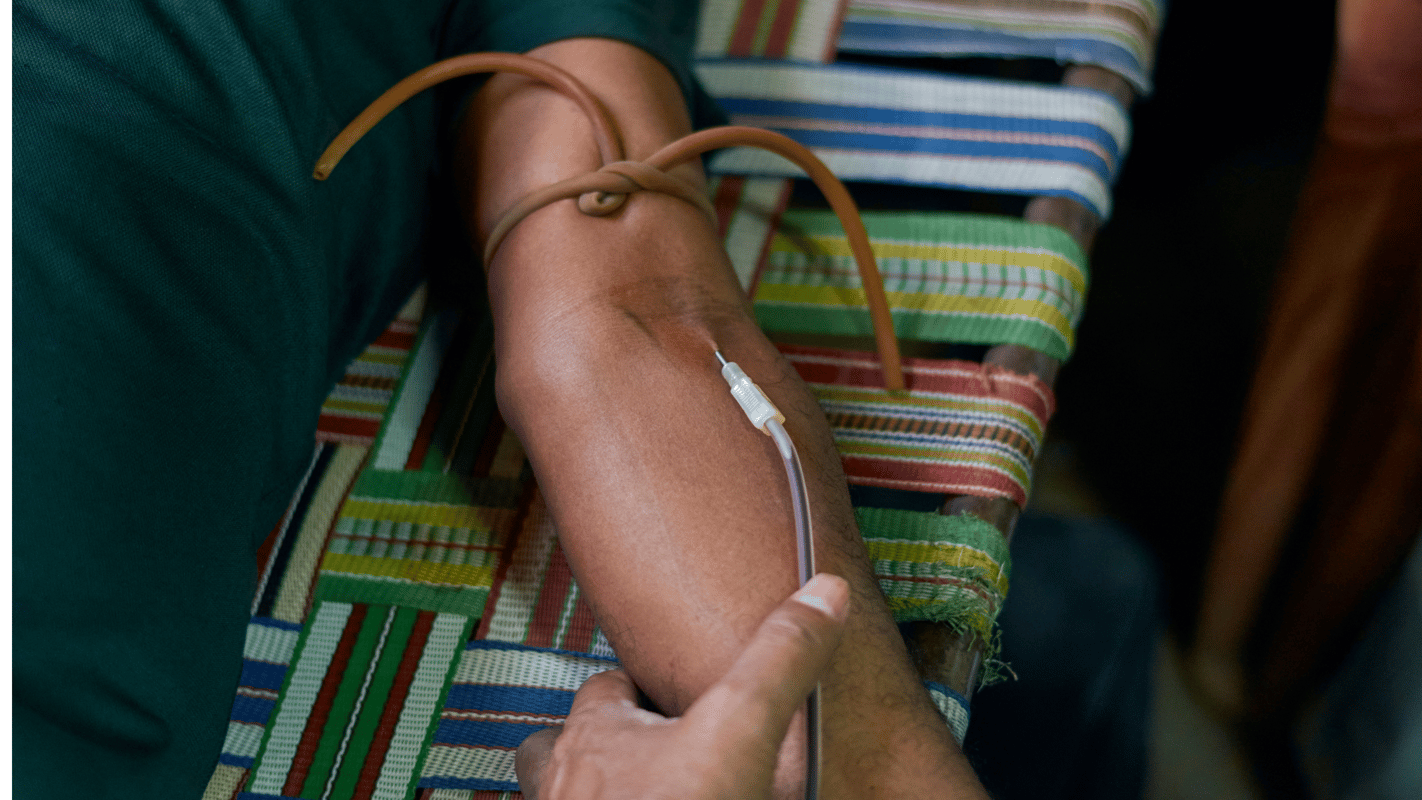How to Become a Phlebotomist in Oregon (2025)

If you're looking for a direct path to a stable and in-demand healthcare career in Oregon, becoming a Phlebotomist is an excellent choice that offers quick entry into the field. The state employs a robust workforce of these essential professionals who earn a median salary of $43,660 per year, according to the U.S. Bureau of Labor Statistics, with top earners in major metro areas making significantly more. This guide provides the definitive 5-step process for navigating Oregon's training and certification landscape to launch your career in just a few months.
How Long Does It Take to Become a Phlebotomist?
You can become a job-ready, certified Phlebotomist very quickly. Most training programs in Oregon take between 4 to 12 weeks to complete. Some community college programs may run for a full academic term (about 3-4 months). After that, scheduling and passing your national certification exam can take a few additional weeks.
What About Licensing in Oregon?
Oregon does not require a state-specific license for phlebotomists. The profession is unregulated at the state level. However, the job market is driven by national standards, and virtually all professional healthcare employers (hospitals, labs, clinics) require you to have a national certification (like CPT, RPT, or PBT) from a recognized agency to get hired.
Where to Find Phlebotomy Classes in Oregon?
Finding a quality phlebotomy program is the essential first step, and Dreambound is designed to make that process simple. Dreambound's platform allows you to search, filter, and connect with a vast network of career and technical education partners offering phlebotomy programs across Oregon. You can compare schools in cities like Portland, Eugene, Salem, and Beaverton based on cost, schedules, accreditation, and student reviews to find the perfect fit. Dreambound is completely free for you to use, and many partner schools offer payment plans or financial aid for those who qualify.
Career Paths and Opportunities after Becoming a Phlebotomist
A career as a CPT in Oregon offers several avenues for growth:
- Lead Phlebotomist/Supervisor: Take on a leadership role, training new phlebotomists and managing workflow in a lab or hospital draw station.
- Mobile Phlebotomist: Work for an agency providing blood draw services in patients' homes or at health fairs.
- Donor Phlebotomy Technician: Specialize in collecting blood donations at centers like the Red Cross or Bloodworks Northwest.
- Medical Laboratory Technician (MLT): With an associate's degree, you can advance to performing lab tests on the samples you collect.
How Much Do Phlebotomists Make in Oregon?
According to the latest U.S. Bureau of Labor Statistics data from May 2024, the median salary for a Phlebotomist in Oregon is $43,660 per year, which breaks down to about $20.99 per hour. Wages are typically higher in the Portland-Vancouver-Hillsboro metro area and for experienced phlebotomists, who can earn over $57,000 annually.
Frequently Asked Questions
How long does it take to be a phlebotomist in Oregon?
Phlebotomy training programs in Oregon typically last between 4 to 12 weeks, or one academic quarter at a community college.
Can a phlebotomist give injections in Oregon?
No, standard phlebotomists are trained specifically to draw blood (venipuncture). Administering injections or IVs is outside their typical scope of practice unless they have additional, specific training and authorization (often reserved for Medical Assistants or Nurses).
Do I need a license to be a phlebotomist in Oregon?
No, Oregon does not issue a state license for phlebotomists. However, national certification is strongly recommended and often required by employers.
Final Thoughts
Phlebotomy in Oregon is a quick and affordable way to start a healthcare career. With salaries above the national average and steady job growth, it’s a practical choice for anyone ready to enter the field.
Wondering if there's more? Perhaps these other articles will be more helpful if this one isn't exactly what you're after:

Athena is Co-founder and CEO of Dreambound.





